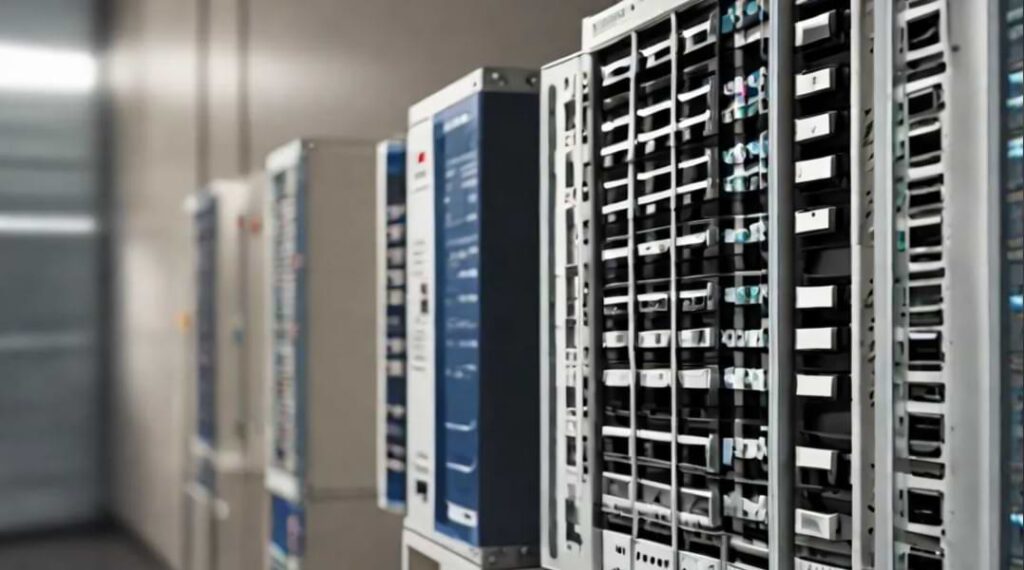Exploring 127.0.0.1:62893: Understanding Localhost and Port Usage in Web Development

In the realm of web development and networking, the address 127.0.0.1:62893 might appear familiar to those who frequently work with servers, databases, and local development environments. This article delves into the significance of 127.0.0.1:62893, exploring what it represents, its applications, and how developers use this address and port combination in their daily work.
What is 127.0.0.1?
The address 127.0.0.1 is known as the localhost, a loopback address used in networking to refer to the local machine, i.e., the computer you are currently using. Here’s a closer look at its key aspects:
Localhost
Localhost is a hostname that means “this computer.” It is used to access the network services running on the host via the loopback network interface. When you ping localhost, your request doesn’t go to the external network but loops back to your local machine. This is helpful for testing and development purposes without requiring an actual network connection.
IP Address
127.0.0.1 is the IPv4 loopback address. IPv6 uses ::1 for the same purpose. Any IP within the range 127.0.0.0 to 127.255.255.255 is reserved for loopback. The most commonly used address in this range is 127.0.0.1.
Understanding Port 62893
Ports in Networking
Ports are numerical identifiers in networking used to differentiate various services and applications running on a single device. Each service that communicates over a network uses a specific port number to establish and maintain connections.
Port 62893
Port 62893 is a high-numbered, ephemeral port, typically used for temporary or dynamic connections rather than permanently assigned services. Developers might use such ports for local development servers, testing environments, or custom applications.
The Role of 127.0.0.1:62893 in Web Development
When you see 127.0.0.1:62893, it often indicates a local web server or application server running on your machine. Here’s how it fits into a typical development workflow:
Local Development Server
Developers frequently run web servers on their local machines to test and develop applications before deploying them to production environments. By using 127.0.0.1:62893, developers can access the application running on port 62893 of their localhost.
Testing and Debugging
Localhost addresses like 127.0.0.1:62893 are invaluable for testing and debugging. They allow developers to:
- Test Code Locally: Run applications in a safe environment without impacting live users.
- Debug Issues: Use debugging tools to inspect how the application behaves in real-time.
- Ensure Security: Work within a controlled environment, reducing the risk of exposing vulnerabilities.
Practical Applications and Benefits
Learning and Experimentation
For those learning web development, setting up servers on localhost using addresses like 127.0.0.1:62893 provides a practical way to gain hands-on experience. It allows learners to:
- Experiment Freely: Try out new technologies and techniques without worrying about breaking a live application.
- Understand Networking Basics: Gain a deeper understanding of how web servers and clients interact.

Collaborative Development
In team environments, developers often share configurations and setups. Using standard localhost addresses and ports ensures consistency and helps teams collaborate more effectively. By documenting the use of 127.0.0.1:62893, teams can ensure everyone is on the same page.
Performance and Load Testing
Local servers can be used to perform performance and load testing before deployment. By simulating different scenarios on a local setup, developers can identify potential bottlenecks and optimize their applications accordingly.
Conclusion
The address 127.0.0.1:62893 encapsulates the essence of local development and testing in the world of web development. It represents the synergy between networking concepts and practical application development, offering a controlled environment for developers to create, test, and refine their work.
Understanding how to use localhost addresses and ports effectively is a crucial skill for developers. It not only enhances their ability to develop robust applications but also ensures they can troubleshoot and resolve issues efficiently. As technology continues to evolve, the principles behind 127.0.0.1:62893 will remain foundational, supporting the next generation of innovative web applications and services.





